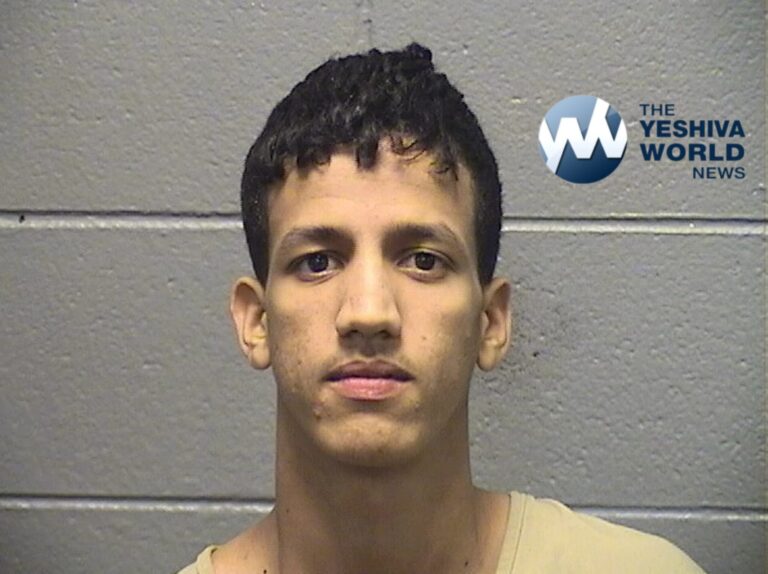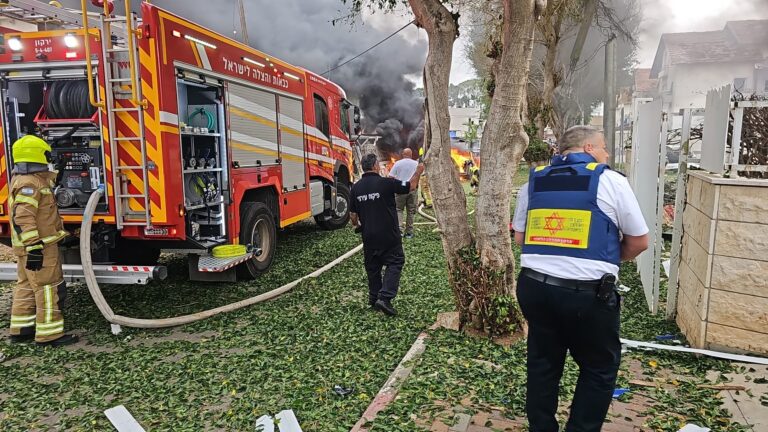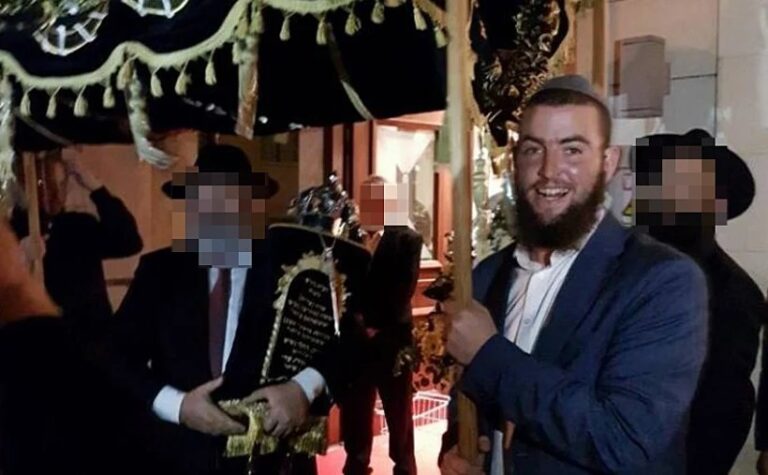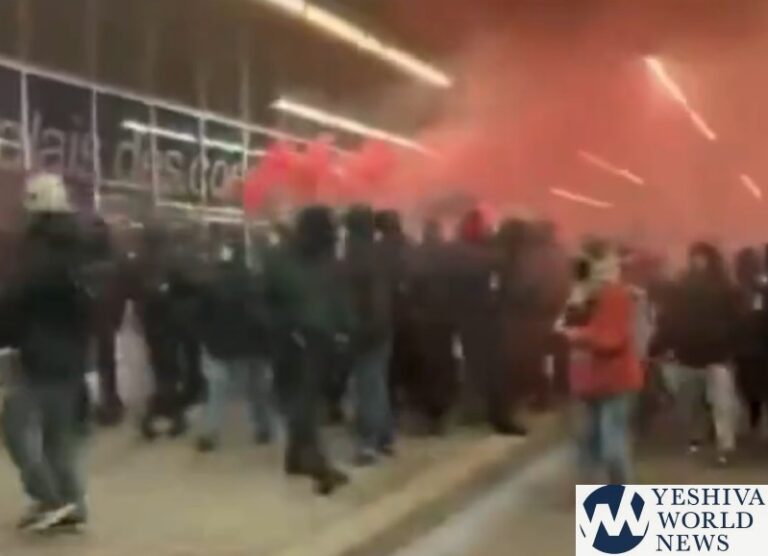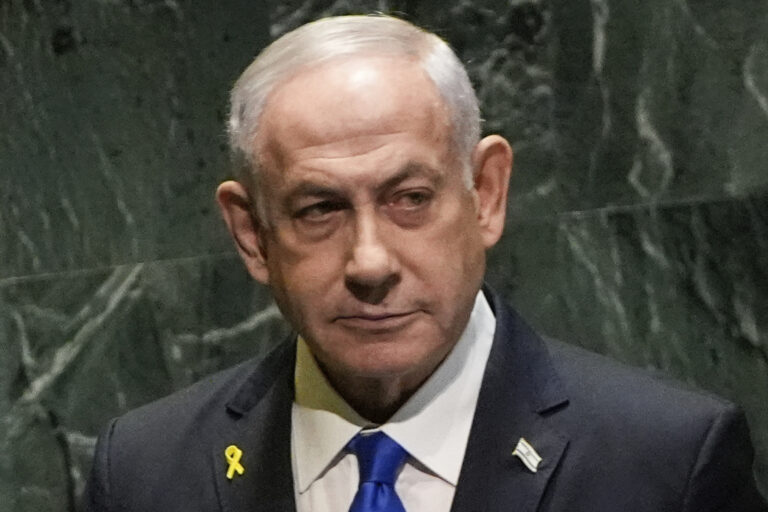 Squinting through binoculars from a forward observation post here, President Obama peered into North Korea on Sunday, getting a firsthand look at the secretive nuclear nation that has been a source of recurring angst for his administration.
Squinting through binoculars from a forward observation post here, President Obama peered into North Korea on Sunday, getting a firsthand look at the secretive nuclear nation that has been a source of recurring angst for his administration.
On the far side of the demilitarized zone, beyond the grim watchtowers and concertina wire that separates North from South, a giant red-and-blue North Korean flag billowed at half-staff, marking the 100th day since the death of the country’s leader, Kim Jong-il.
It was Mr. Obama’s first visit to this heavily fortified border — Presidents George W. Bush, Bill Clinton and Ronald Reagan all made the trip — and it seemed both an echo of the cold war and a testament to new dangers in an age of nuclear proliferation.
The president arrived in Seoul earlier on Sunday to take part in a nuclear security summit meeting organized by South Korea. The meeting is devoted to preventing nuclear weapons and fuel from falling into the hands of terrorists, though the ambitions of nuclear states like North Korea and Iran were likely to dominate the discussions.
Already, North Korea’s announcement of plans to launch a satellite mounted on a long-range missile upended a fragile American diplomatic opening to Kim Jong-il’s son and successor, Kim Jong-un. Analysts say North Korea appears to be reverting to a familiar cycle of provocations, as an untested leader consolidates his grip on power.
Later at a news conference in Seoul, Mr. Obama warned North Korea that it risked increasing its isolation if it went ahead with the rocket launching. The launch would be a breach of North Korea’s international obligations, the president said, and would lead Washington to scrap a recent agreement to supply North Korea with desperately needed food aid in return for preliminary talks over its nuclear program.
“Bad behavior will not be rewarded,” Mr. Obama said. “There had been a pattern, I think, for decades in which North Korea thought if they had acted provocatively, then somehow they would be bribed into ceasing and desisting acting provocatively.”
He also said that the political situation in North Korea still appeared to be “unsettled,” adding that he had been unable to fully assess Mr. Kim.





